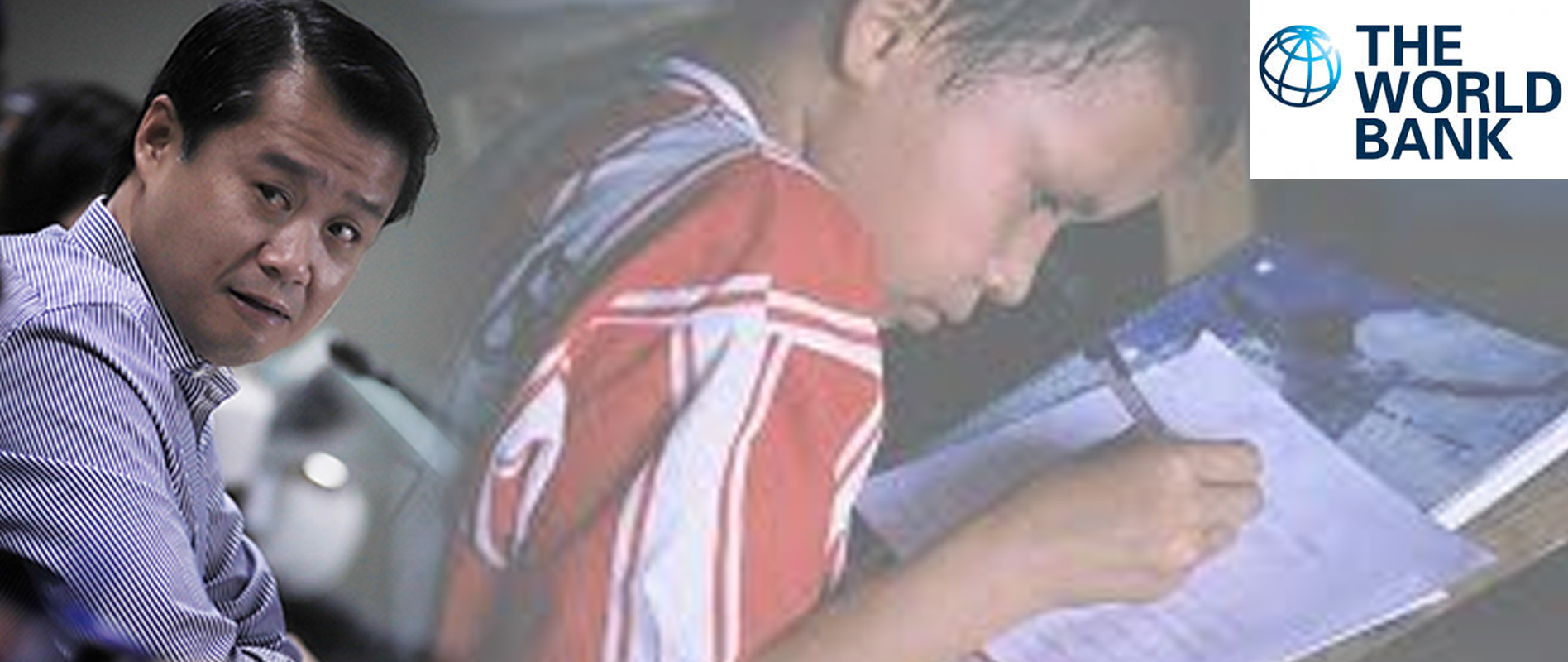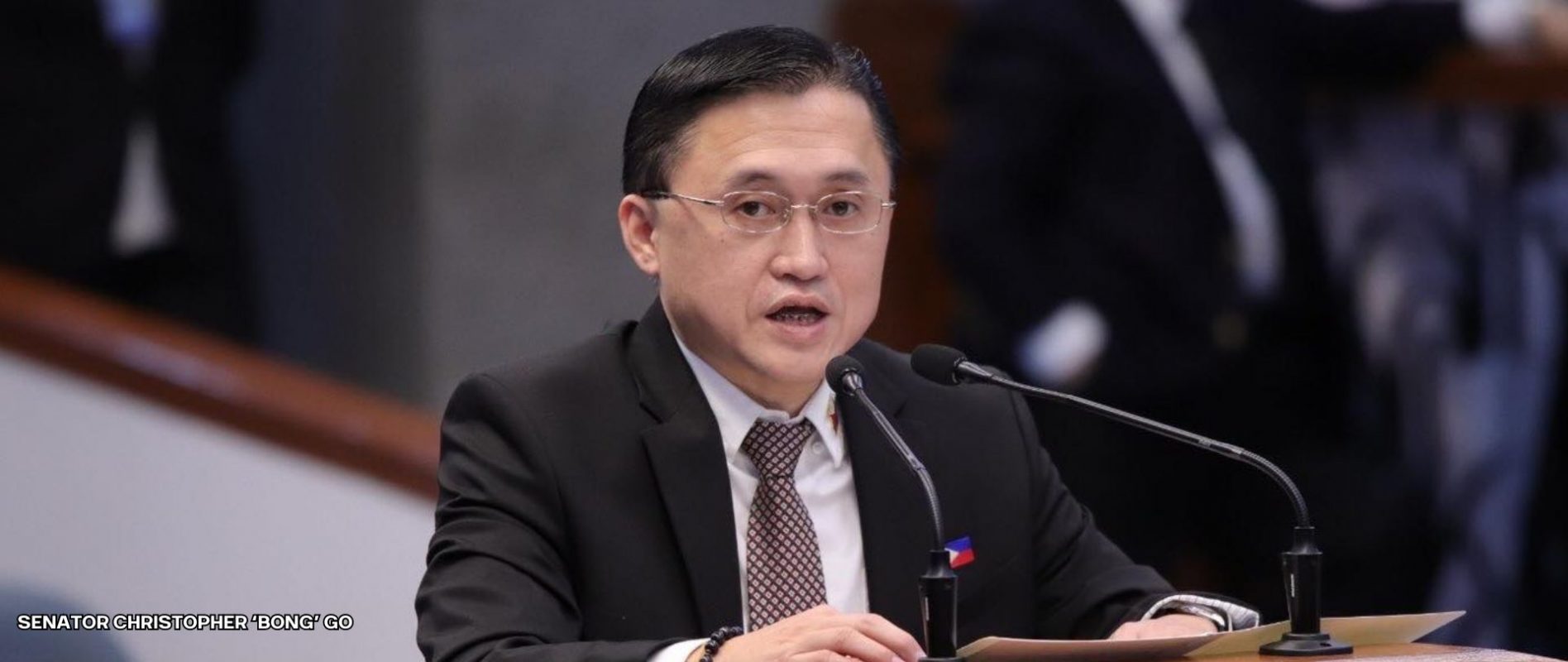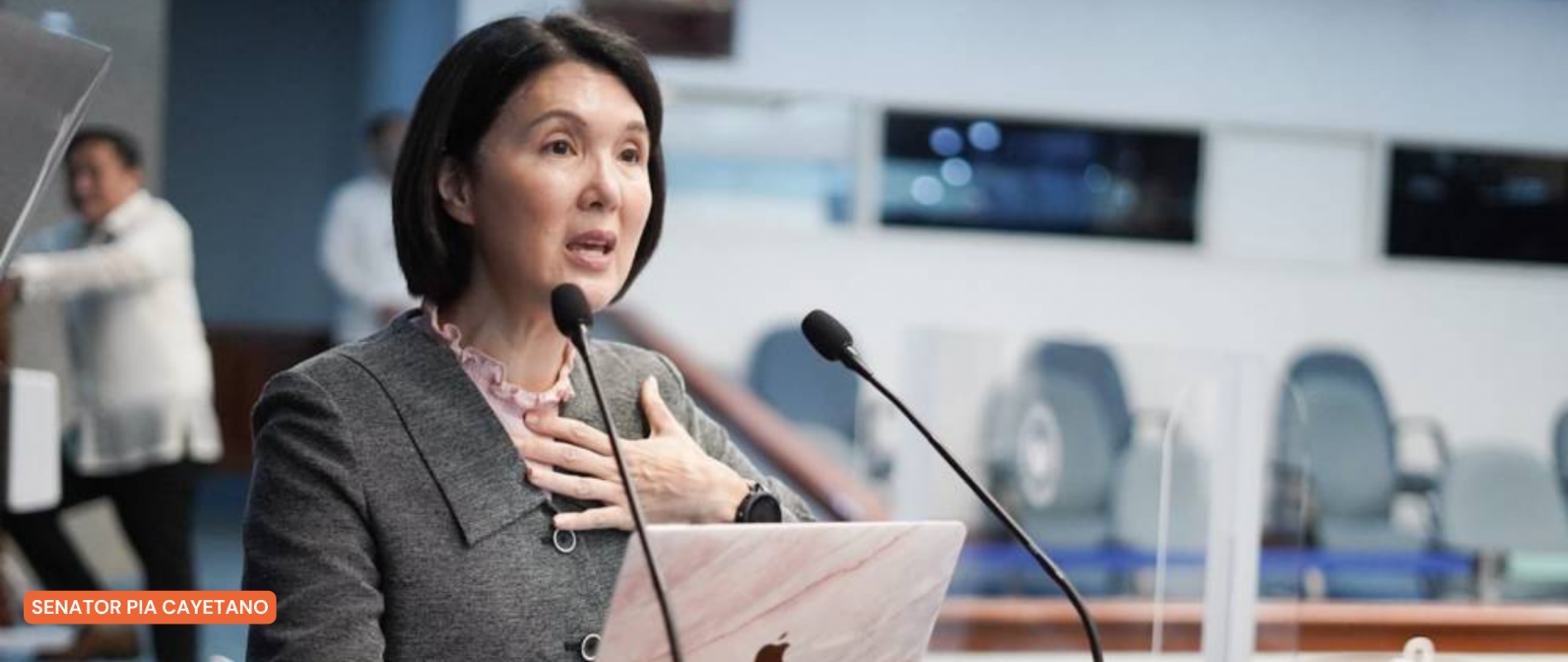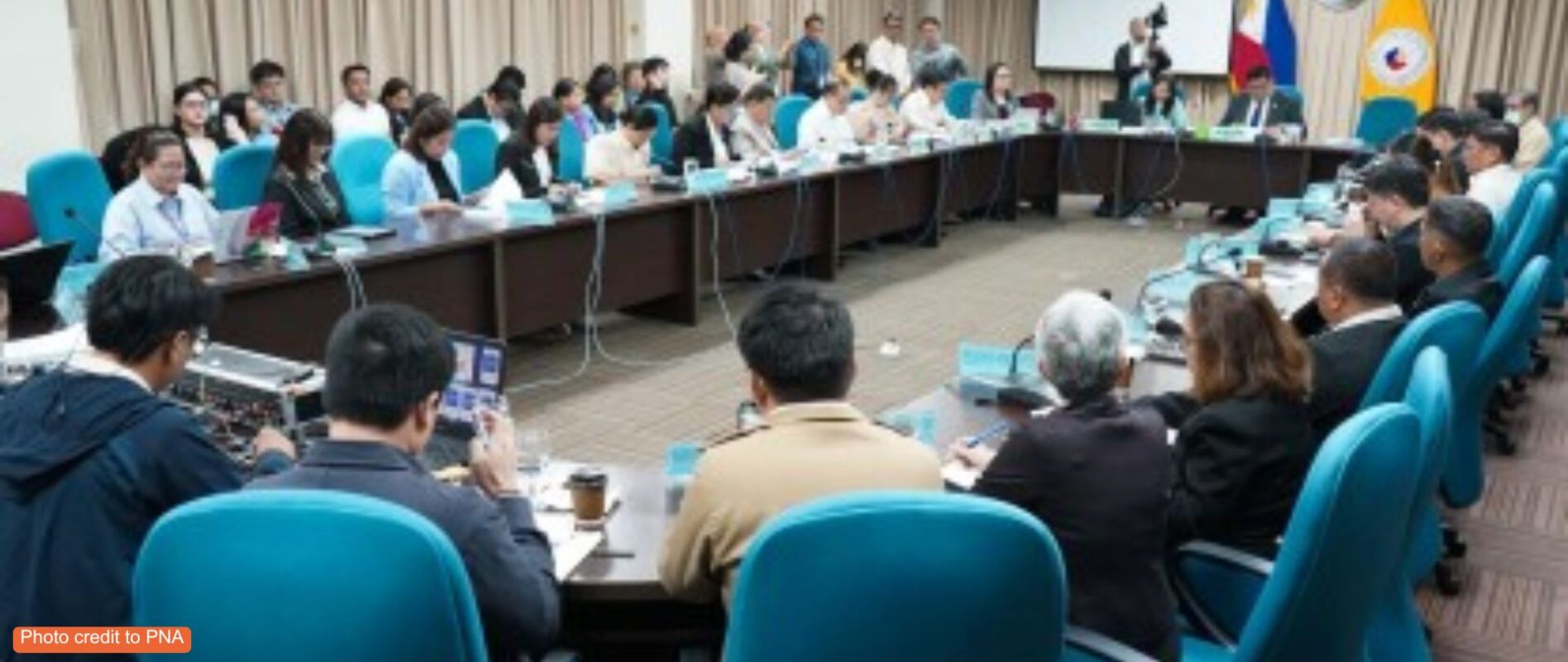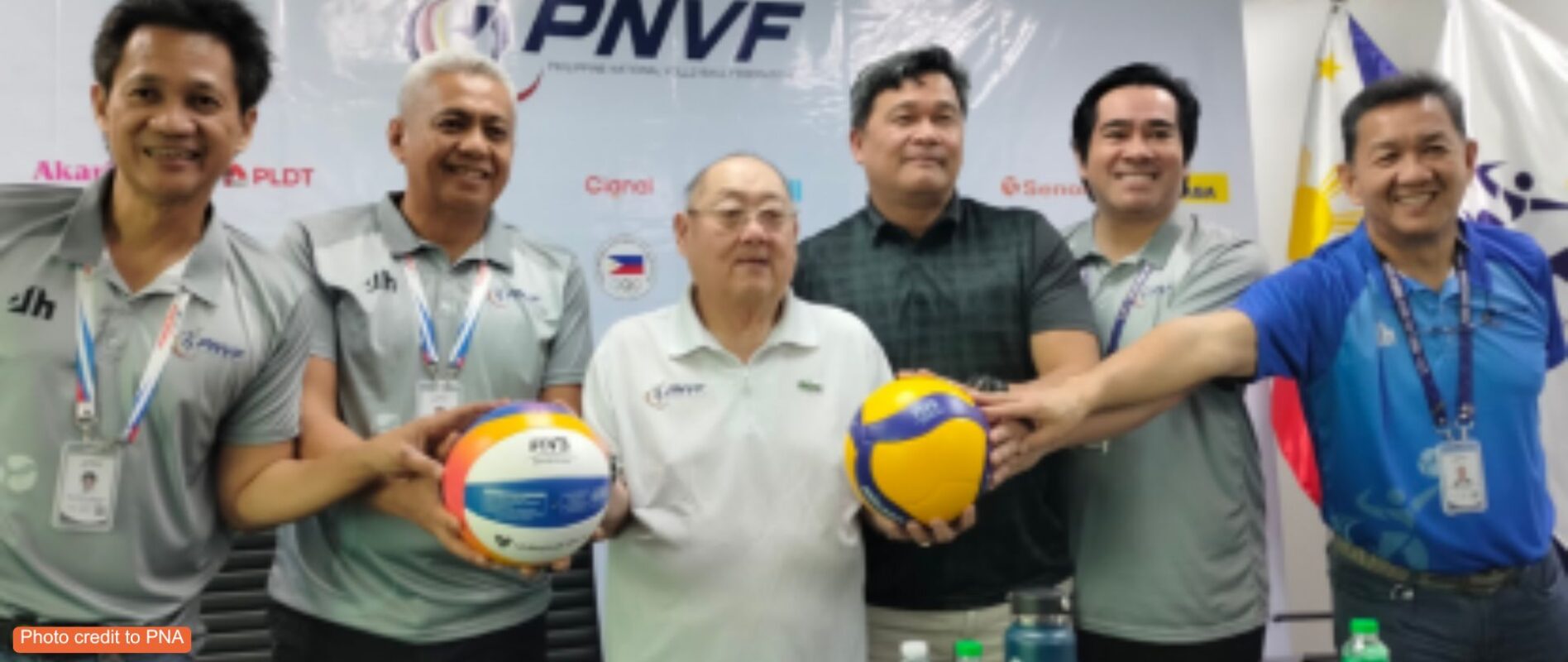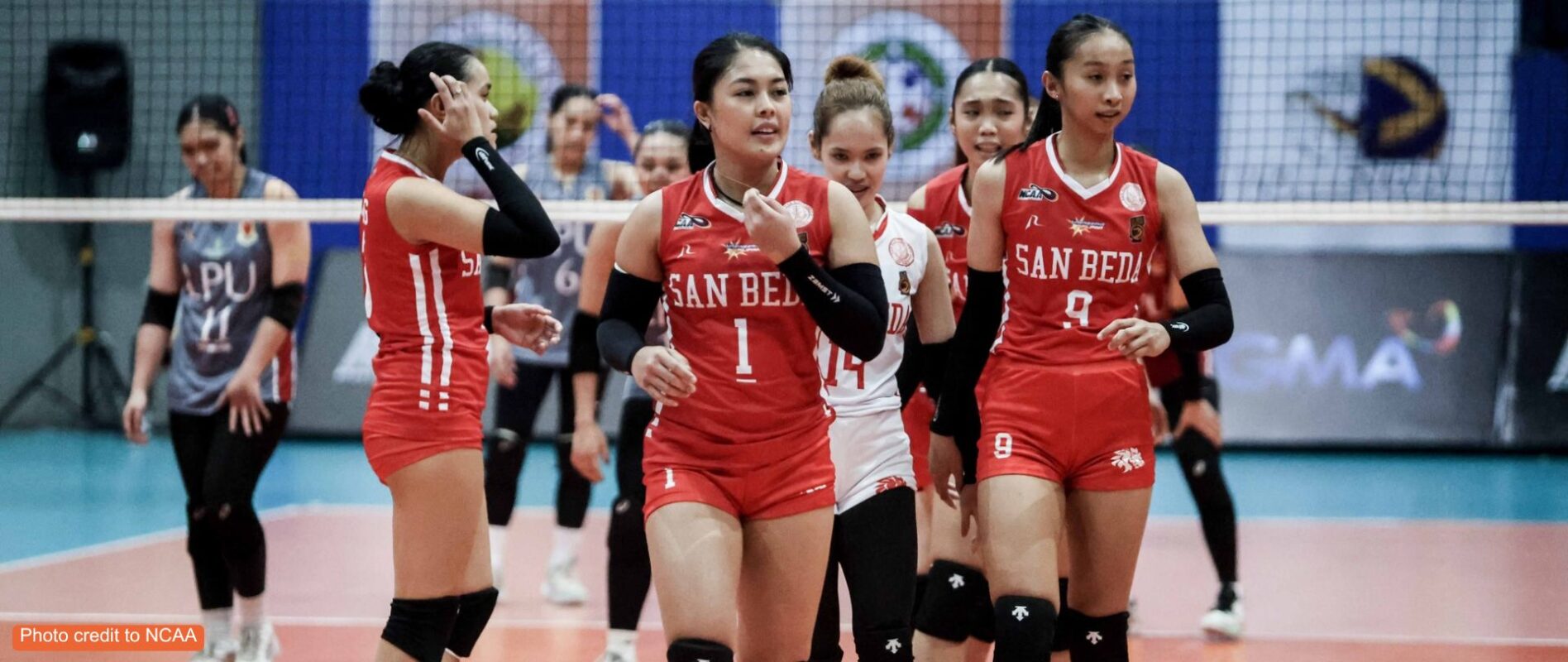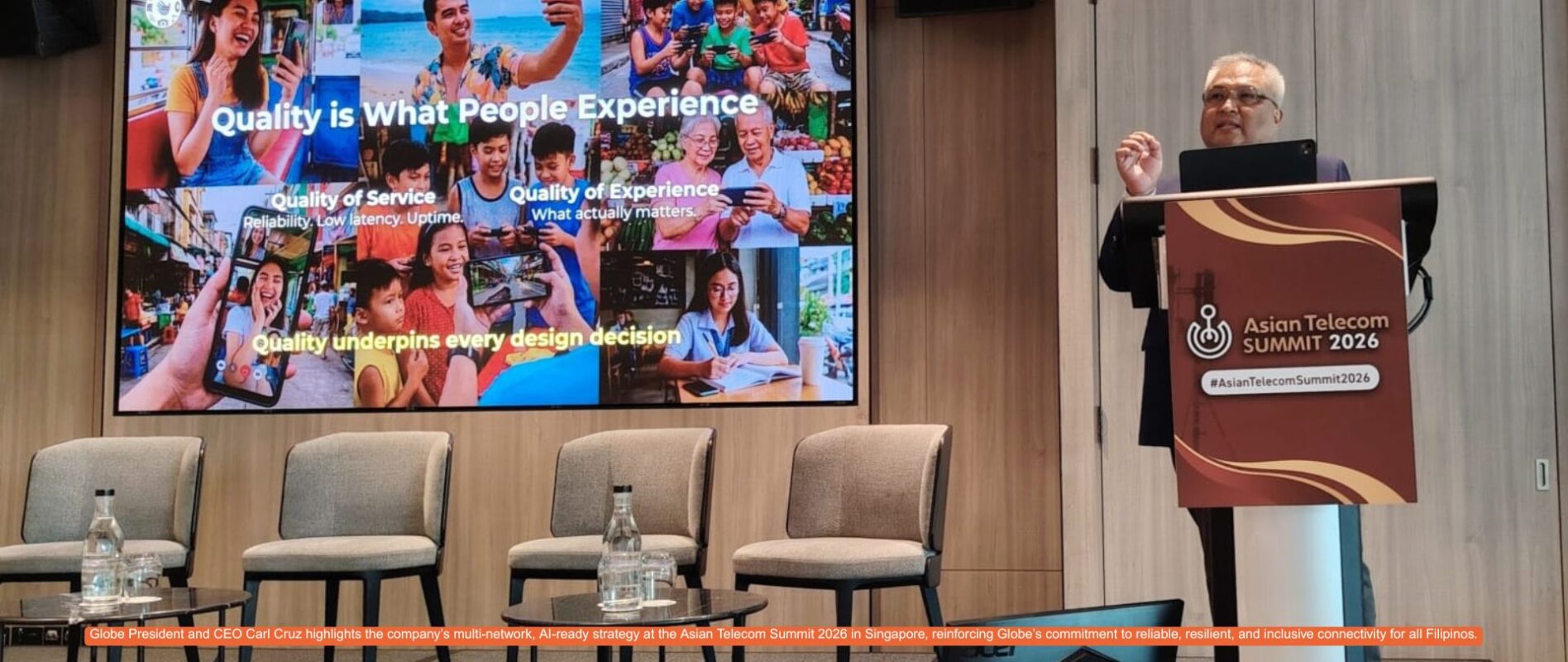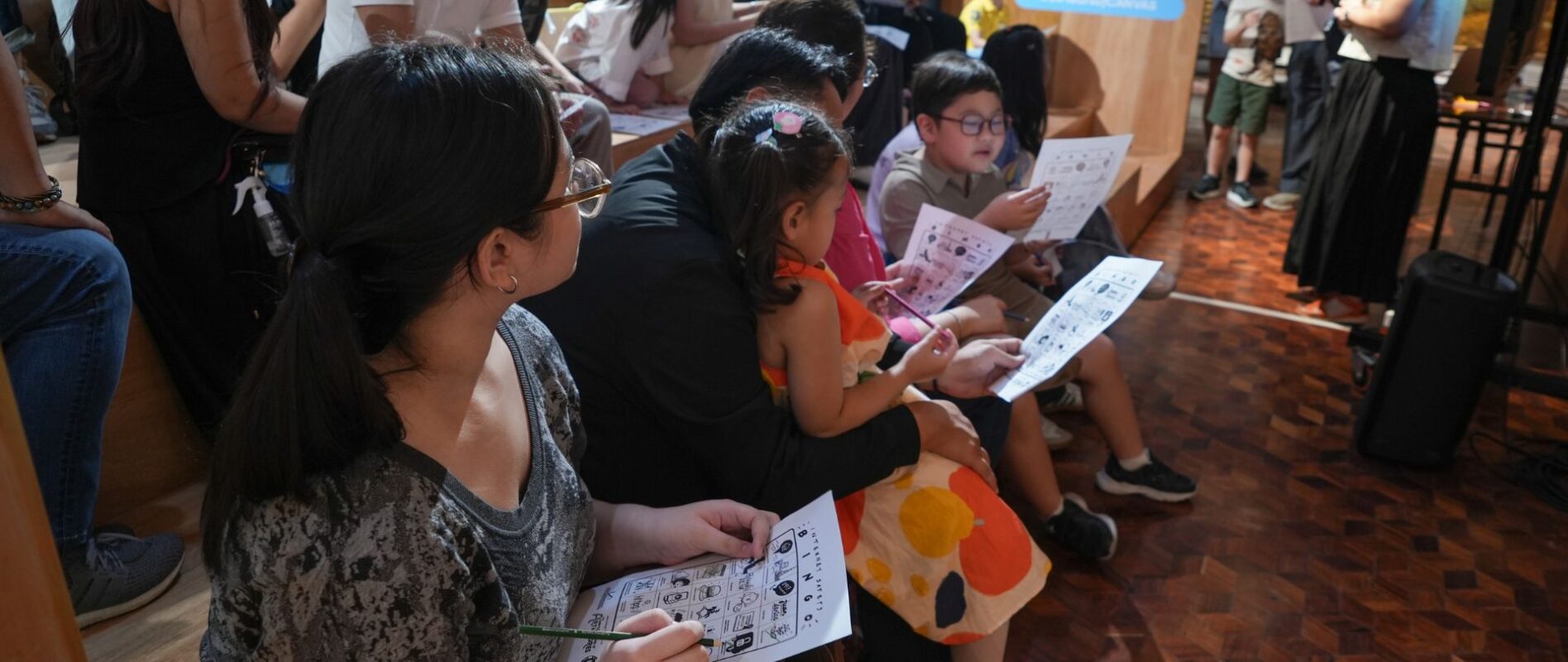WB REPORT ON WORSENING LEARNING POVERTY IN PH ALARMS SENATOR
SENATOR Sherwin Gatchalian sounded the alarm on a World Bank report showing that learning poverty in the Philippines has worsened and now stands at 90 percent.
SENATOR Sherwin Gatchalian sounded the alarm on a World Bank report showing that learning poverty in the Philippines has worsened and now stands at 90 percent.
Learning poverty is defined as being unable to read and understand a simple story by age 10.
The latest estimate on learning poverty reflects data from the 2019 Southeast Asia Primary Learning Metrics.
In 2019, learning poverty was estimated at 69.5 percent based on the 2003 outcomes of the Trends in International Mathematics and Science Study.
The WB report showed that learning outcomes worsened with remote learning.
According to the report titled “Remote Learning During Covid19: Lessons from Today, Principles for Tomorrow,” distance learning covered only 20 percent of Filipino households with schoolchildren as of March 2021 — the lowest rate alongside Ethiopia.
“Nakababahalang malaman na siyam sa bawat sampu sa ating mga kabataang may edad na sampu ang hindi nakakapagbasa, lalo na’t nagsisilbi itong pundasyon ng kanilang kakayahan. Kung hindi natin ito matutugunan, lalong mapag-iiwanan ang ating mga kabataan,” said the chairman of the Senate Committee on Basic Education, Arts and Culture.
The WB report added that compared to households whose parents have tertiary education, children whose parents or caregivers lack any type of education were three to four times less likely to engage in remote learning.
Citing surveys conducted in March, the World Bank said that 40 percent of schoolchildren in the Philippines with parents or guardians who had tertiary education participated in remote learning activities.
Among households with older members who had no education, only nine percent of school children participated in remote learning.
For Gatchalian, the study reiterates the urgency of safely reopening schools for in-person learning and include more pilot schools instead of waiting for the expansion in March next year.
“It should go hand in hand with the rollout of a learning recovery program,” he said.
In Senate Bill No. 2355, Gatchalian proposed the establishment of the Academic Recovery and Accessible Learning Program, which will cover the most essential learning competencies under Language and Mathematics for Grades 1 to 10, and Science for Grades 3 to 10. The program also seeks to give focus on Reading.
Gatchalian also pressed the need to implement reforms that will boost the quality of education through the proposed Second Congressional Commission on Education, which will assess the entire education sector’s performance.
Participation rates were both 16% for households with adults that received primary and secondary education.

